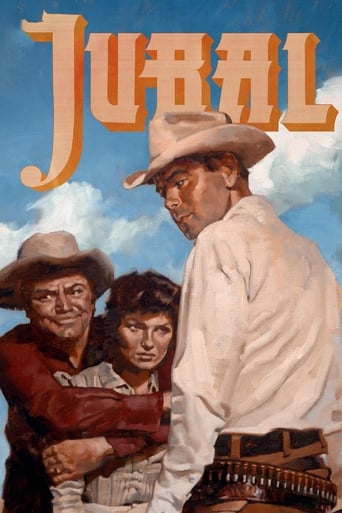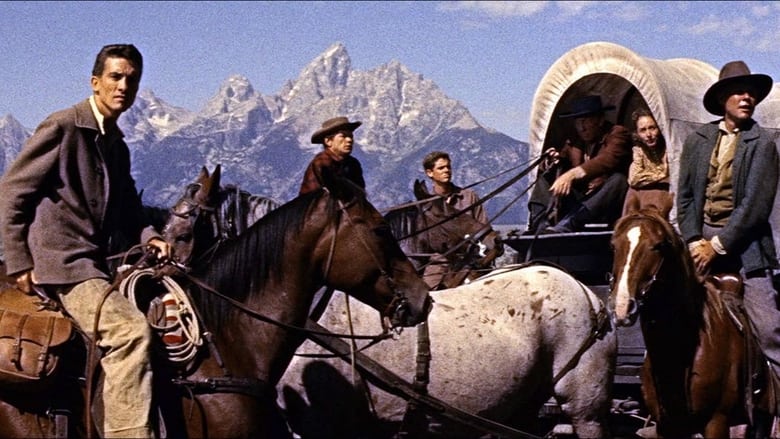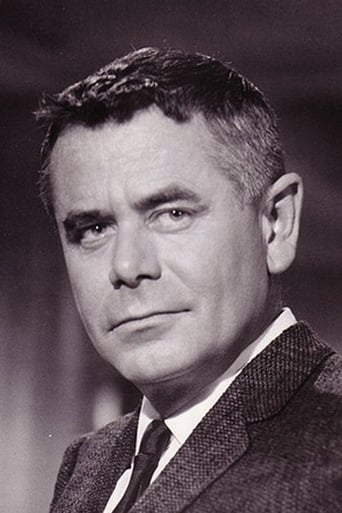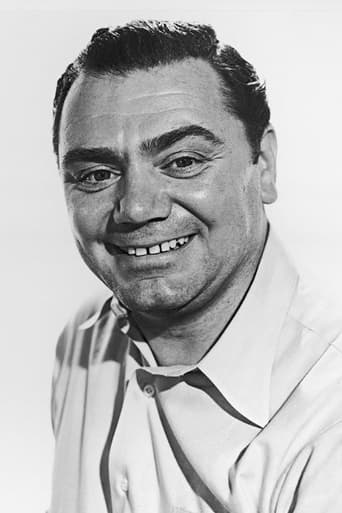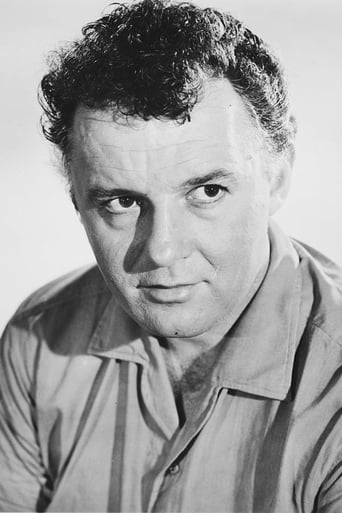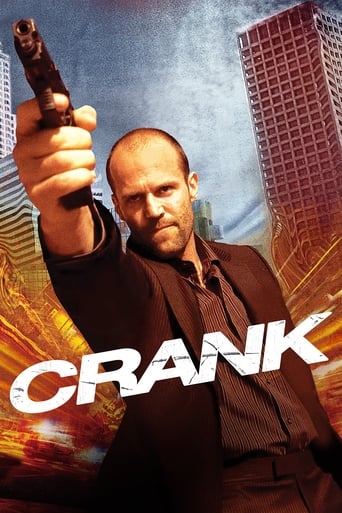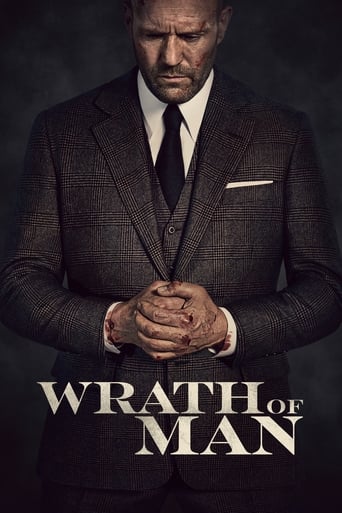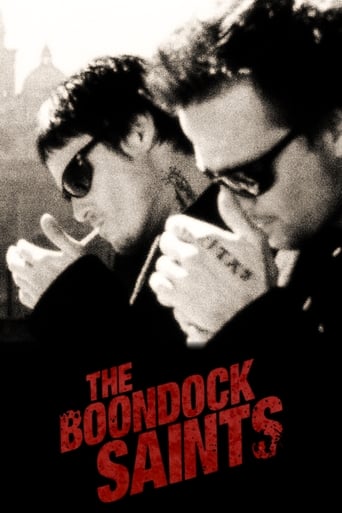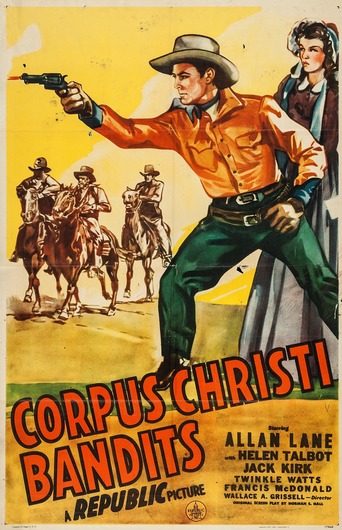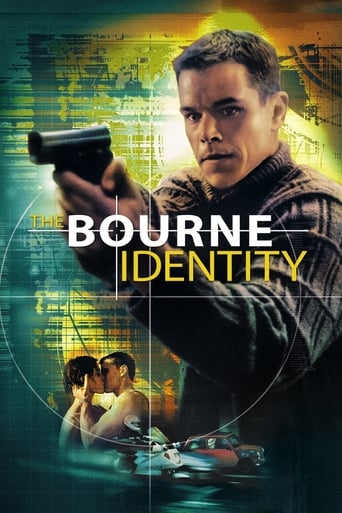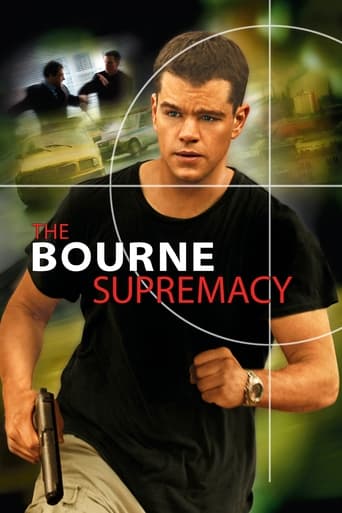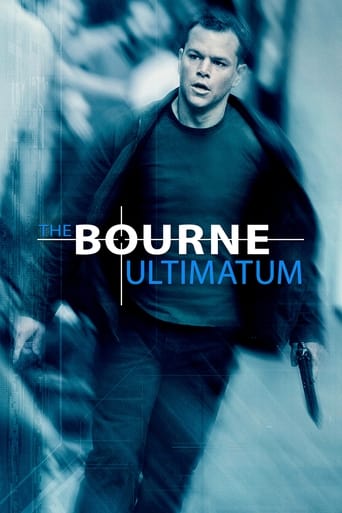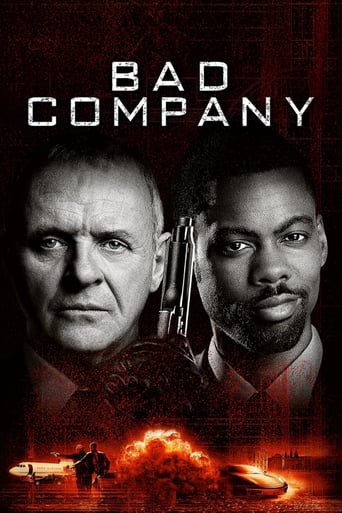Jubal (1956)
Jubal Troop is a cowboy who is found in a weakened condition, without a horse. He is given shelter at Shep Horgan's large ranch, where he quickly makes an enemy in foreman Pinky, a cattleman who accuses Jubal of carrying the smell of sheep.
Watch Trailer
Cast


Similar titles
Reviews
Purely Joyful Movie!
I wanted to but couldn't!
Am i the only one who thinks........Average?
I wanted to like it more than I actually did... But much of the humor totally escaped me and I walked out only mildly impressed.
Narratively, this can be accurately described as Othello reset as a western had the Moore tried to kill Cassio himself and had Cassio killed him instead. But the similarities only point to the vast differences between these two works. Shakespeare's was a quasi-feudal outlook, in which psychology, however complex, was molded by absolute power relations and as such was fatally determining. Jubal is, like many films by writer/director Delmer Daves, a work of American transcendentalism. Individual psychology, no matter how complex, is but a passing stage towards a higher, more universal, human nature. And that nature is essentially affirmational. Even this tale's Iago, destructive as he is, is not "led away" to die but abandoned by humanity, to reflect and learn to be better. Another important difference between Jubal and Othello is that everyone in this movie is white. There is not a single Black, Latino, or Native American character. Perhaps Daves and Emerson were lying to themselves, but they truly believed that western expansion was an embrace of, a submission to, Nature, rather than the further subjugation of the world to capital. The irony is that this "affirmational" vision offers less hope to the oppressed than does the bleak, ruthless one of Shakespeare. Power, which is to say social order, can always be overturned (though the Bard would not have acknowledged the full implications of this). The transcendental concept of nature, however seemingly benevolent, always implies an irrevocable oppression.
I saw this movie in 1956 in the Rany movie house in Durban, South Africa. I was 7 years old. Loved it then and enjoyed it today. Great escapism. The acting is still superb considering the actors did not go through the training that they do today. Glen Ford was my favorite actor in westerns. The girl still smolders. Did not see many of her movies thereafter. This movie, in my opinion, changed the format of westerns. Pity they did not use the spicy language of the times. The location is breath-taking, reminds me of the Alps I have just visited. I am a regular watcher of old westerns and its nice to see some of the old actors, all that have since departed this life, such as Rod Steiger, Charles Bronson crop up every now and then. Brought back some memories.
Skip it – This is a heart-warming western, but the plot has been recycled so often that you've probably seen it a dozen times. A mysterious man joins up with a ranch and impresses everyone with his cowboy skills. He quickly works his way up the ranks and wins the trust of the boss. But the man who wants to be foreman gets jealous and tries to turn the boss against him. That's it in a nutshell. This western does feature a great cast including Glenn Ford, Ernest Borgnine, Charles Bronson, and Rod Steiger. But if a plot is unoriginal, you need more than a great cast. You need action - and on that front, this movie does not deliver. There's only one significant gunfight to speak of. Most of the movie feels like a soap opera.
In the mid-1950's writer-director Delmer Daves made a series of superior westerns for Columbia studios. Too bad these films have not gotten their critical due from movie historians or critics. Perhaps it's because they lack the thematic continuity of a Buddy Boetticher or a John Ford to tie them together. Still each entry presents its own distinct virtues and all are greatly entertaining. If the compact, and tautly told "3:10 to Yuma" is the best of the lot, the scenic and sprawling "Jubal" runs a close second. This mid-series film features Glenn Ford's easy-going charm, a rowdy Earnest Borgnine, a luscious Valerie French, and the panoramic backdrop of Jackson Hole Wyoming. And in an odd piece of casting, which Daves seems fond of, method actor extrordinaire Rod Steiger appears as a treacherous ranch hand named of all things, Pinky! Following the dueling styles of Ford vs. Steiger is at least as interesting as the otherwise well-staged outbursts of gunplay.Judging from other entries, such as 1958's "Cowboy", Daves seems genuinely intrigued by the real life of cowhands. Thus the cowhands in Jubal are more vividly drawn and distinctively presented than their usual role as faceless stage props. The story itself features a fairly explicit (for its time) woman in heat (French), whose scheming shenanigans set off a plot- driving chain of events, while shifting alliances among ranch hands and settlers round out a sprawling and sometimes over-generous plot. And, oh yes, making a sudden appearance half way through, a lonesome Charles Bronson in a tacked on role that perhaps provided a needed payday, (Daves and Bronson had been together in the earlier, oddball essay "Drumbeat".) If none of this sounds good, then just sit back and take in the beautifully photographed alpine landscape that has salvaged many a western much less worthy than "Jubal".

